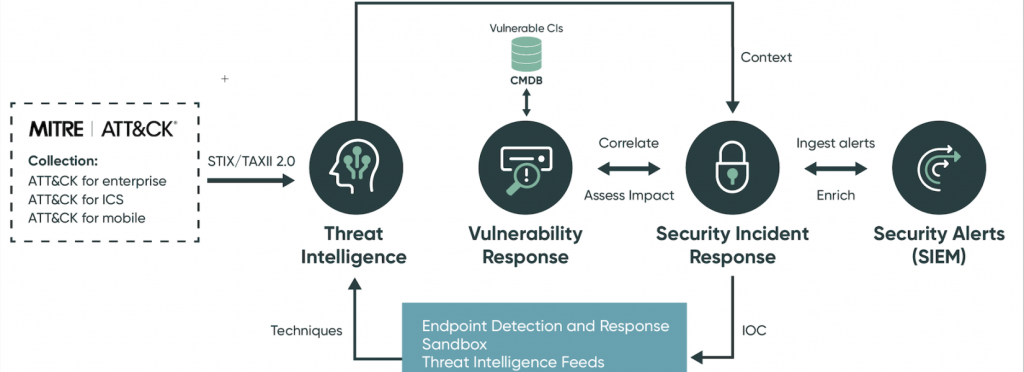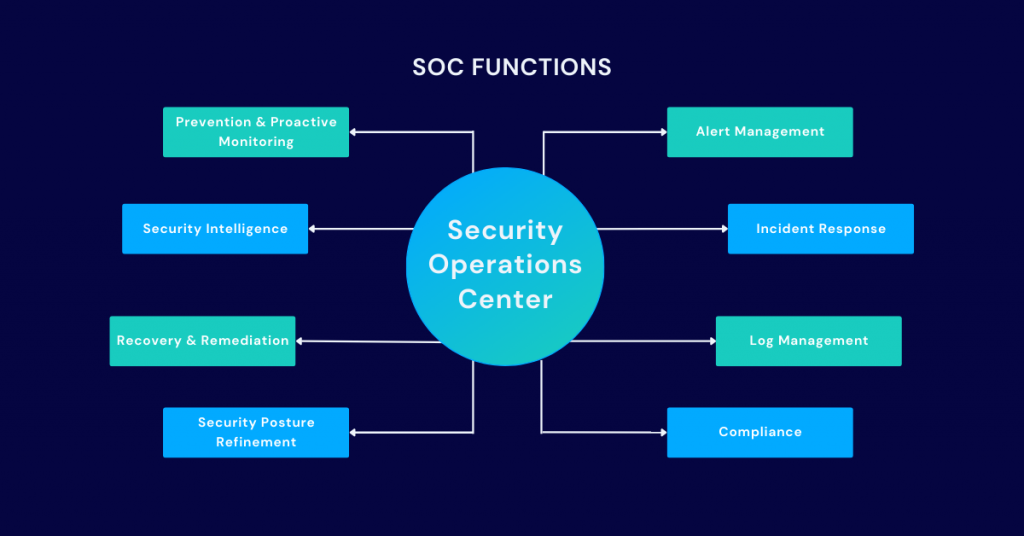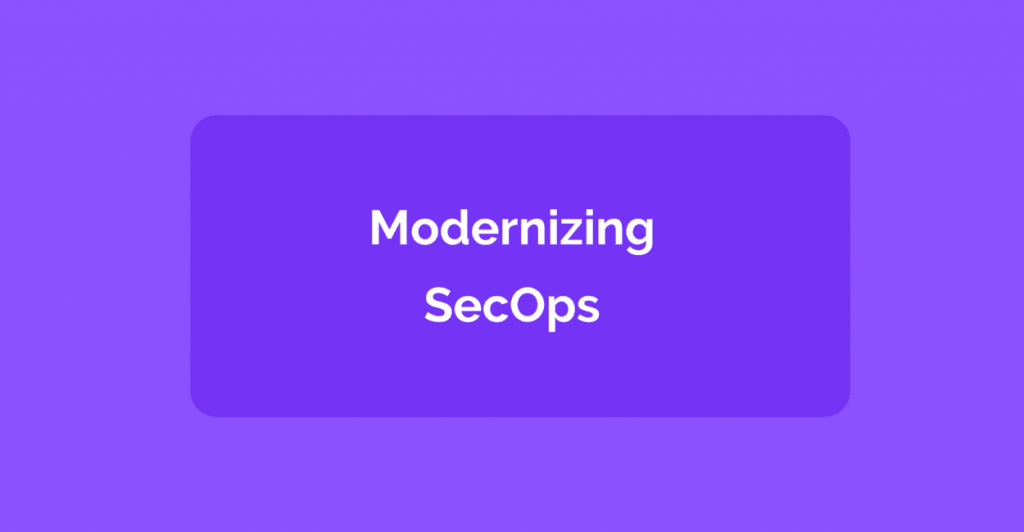
Are you familiar with the term SecOps? If not, don’t fret, because we’re here to guide you through it. SecOps is the combination of security and operations, and it is a methodology that promotes collaboration between security and operations teams. This collaboration aims to improve the overall security posture of an organization. In this blog post, we will dive deep into the SecOps framework and explore its significance in today’s digital landscape.
The Basics of SecOps
The SecOps framework is a methodology that involves the integration of security practices into the operations processes of an organization. Traditionally, operations teams have been responsible for maintaining the infrastructure and ensuring that it runs smoothly. On the other hand, security teams have focused on identifying and mitigating risks to the organization’s assets. With SecOps, these two teams come together to collaborate and create a more secure and efficient environment.
The Benefits of SecOps

By adopting a SecOps framework, organizations can reap several benefits. Here are some of the advantages of implementing SecOps:
Improved Security
The primary goal of SecOps is to enhance the security posture of an organization. By integrating security practices into the operations processes, organizations can identify and mitigate risks early on, reducing the likelihood of security incidents.
Increased Efficiency
SecOps promotes collaboration between teams, resulting in more efficient processes. Operations teams can leverage security tools and practices to streamline their workflows, while security teams can gain a better understanding of the organization’s infrastructure.
Better Visibility
With SecOps, organizations can gain better visibility into their security posture. Security teams can monitor operations processes and identify potential risks. Operations teams can also provide insights into the infrastructure, enabling security teams to make more informed decisions.
The Components of SecOps

The SecOps framework comprises several components. Here are the key components of SecOps:
Security Automation
Security automation involves the use of tools and processes to automate security tasks, such as vulnerability scanning, threat intelligence, and incident response. Automation enables organizations to identify and respond to security incidents quickly.
DevSecOps
DevSecOps is the integration of security practices into the DevOps methodology. DevOps aims to streamline the software development lifecycle, while DevSecOps adds security into the mix. By adopting DevSecOps, organizations can ensure that security is baked into the development process.
Threat Intelligence
Threat intelligence involves the collection and analysis of data to identify potential threats to an organization’s assets. Threat intelligence enables organizations to proactively identify and mitigate risks.
Security Analytics
Security analytics involves the use of data analysis tools to identify security incidents. By analyzing data from various sources, organizations can identify patterns and anomalies that indicate a potential security incident.
Conclusion

In today’s digital landscape, security is paramount. The SecOps framework promotes collaboration between security and operations teams, resulting in a more secure and efficient environment. By adopting SecOps, organizations can reap several benefits, including improved security, increased efficiency, and better visibility. The key components of SecOps include security automation, DevSecOps, threat intelligence, and security analytics. As organizations continue to face evolving security threats, adopting a SecOps framework can help them stay ahead of the curve.
Email- contact@devopsschool.com

 Starting: 1st of Every Month
Starting: 1st of Every Month  +91 8409492687
+91 8409492687  Contact@DevOpsSchool.com
Contact@DevOpsSchool.com
